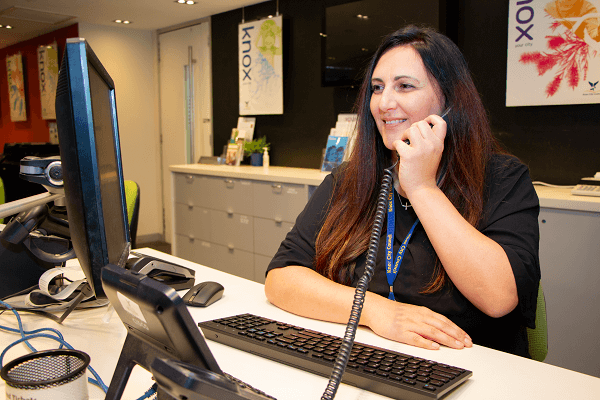The Marshall Liberal Government has released its strategy for growing the international education sector, setting an ambitious target of achieving a $3 billion industry and employing 23,500 South Australians by the year 2030.
Premier Steven Marshall said the International Education 2030 strategy represents a unique new approach to the industry in South Australia.
“International Education 2030 is a sector-wide strategy for growth – from primary to secondary schools through to universities and vocational education,” said the Premier.
“For the first time, a whole of economy approach will be adopted, meaning we are not just focused on international education in terms of export dollars but in terms of implications for the wider state economy.
“International education plays a critical role in South Australia’s economy – it’s our largest services export and second largest general export following wine – but further to that, it attracts new students, new industries and new investors to our state, and provides opportunities for cultural exchange, integration and diversification.
“We know from a Deloitte report released last year that for every four international student enrolments, one job is created in South Australia to accommodate for the growing demand for more services and accommodation.
“The plan is one of eight different industry sector plans that will form the basis of the State Government’s ‘Growth State’ initiative, that aims to promote industry growth by leveraging our competitive advantages.
“Attracting more international students to study here in Adelaide is a great example of that.”
Minister for Trade, Tourism and Investment, David Ridgway said the value of international education has continued to grow with data released in July showing South Australia’s international enrolments have exceeded the national growth rate, 11.9 per cent compared to 11.1 per cent, with the state attracting nearly 32,000 enrolments in the first five months of 2019.
“By implementing this strategy, we are aiming to not only attract international students but retain the best and brightest young minds in the state.
“That’s why we’ve included targeted initiatives where international graduates will be encouraged to be part of a new generation of entrepreneurs and start-up founders to be part of the industries of the future.”
A number of government migration initiatives are making it easier for international students to extend their stay in South Australia following their graduation.
These include continuing to pilot the new Supporting Innovation in South Australia visa, improved access to state nomination for the state’s high performing graduates and an extension of post-study work rights for the state’s international undergraduates from two years to three years.
The International Education 2030 strategy has been developed through extensive consultation with international education stakeholders and the Ministerial Advisory Committee for International Education (MACIE).
To download International Education 2030 visit: https://dtti.sa.gov.au/international-education








